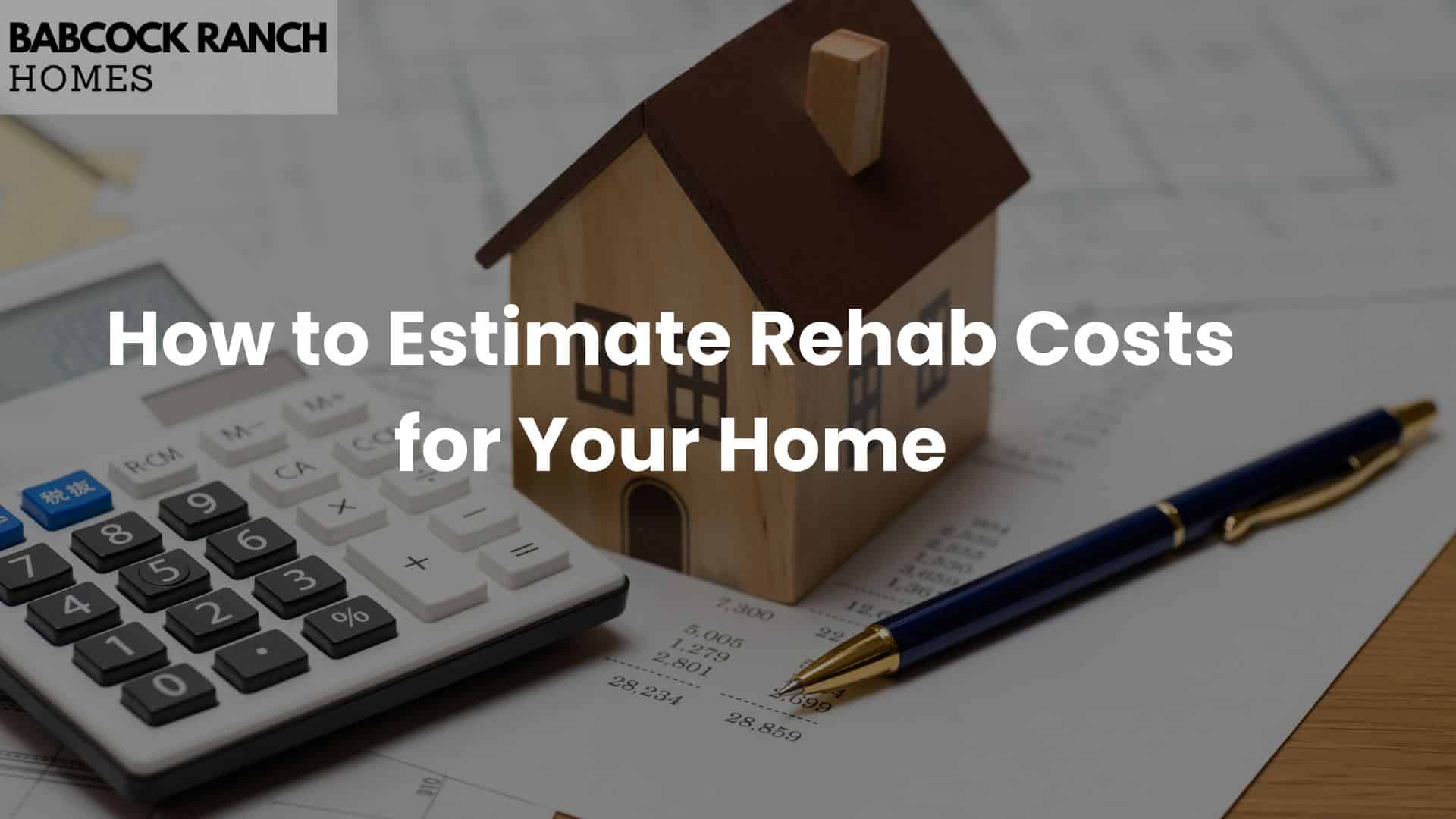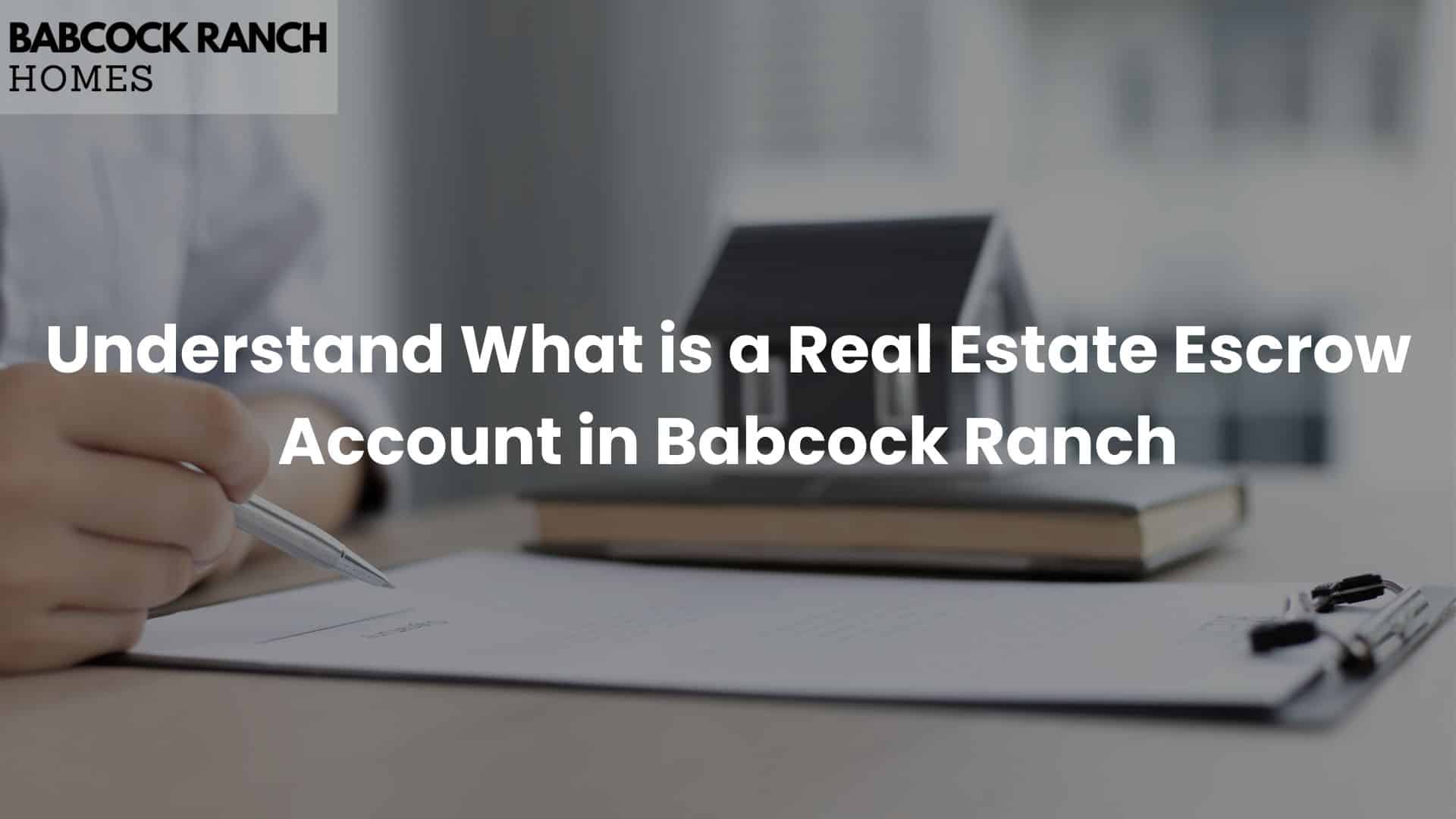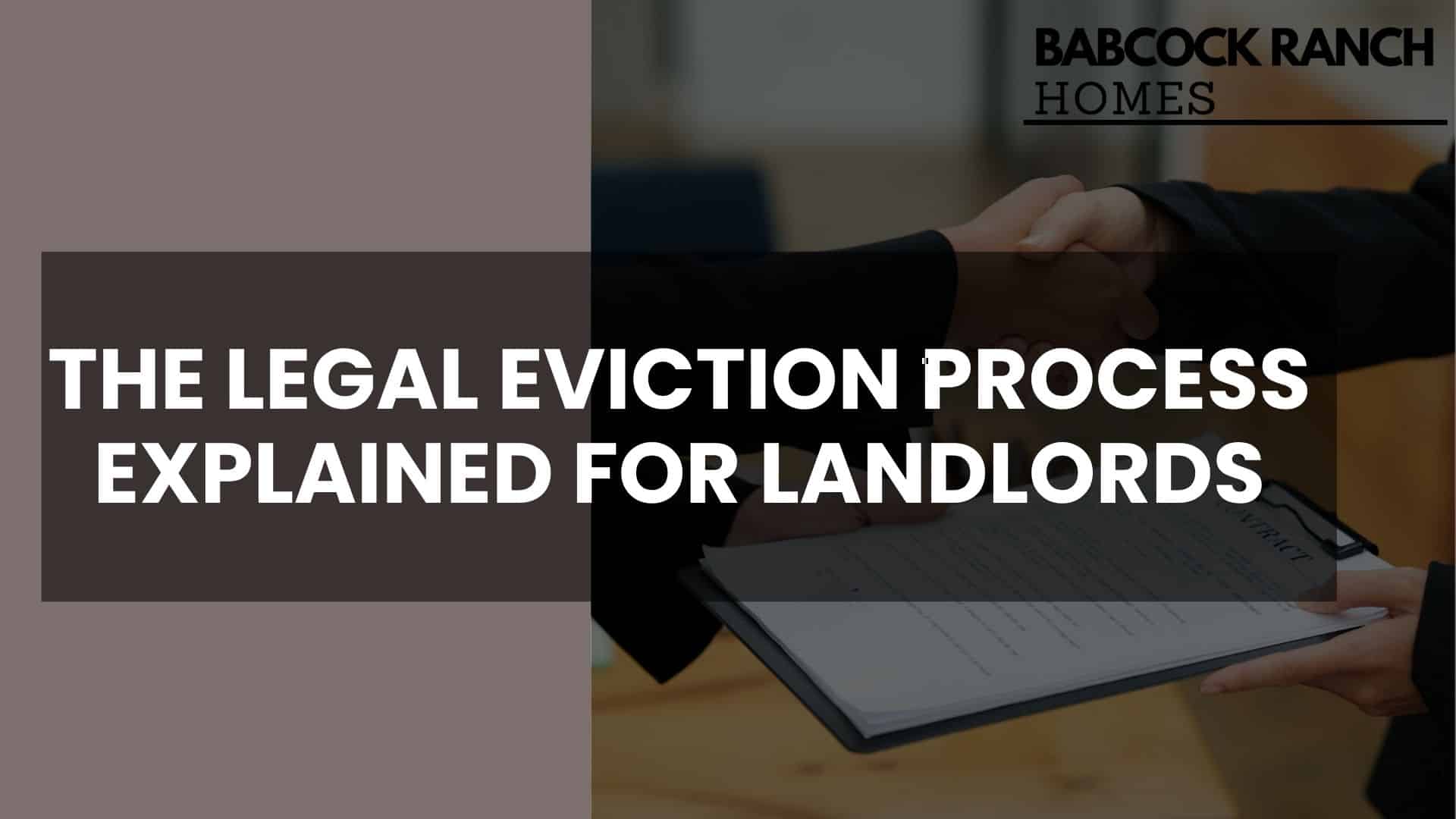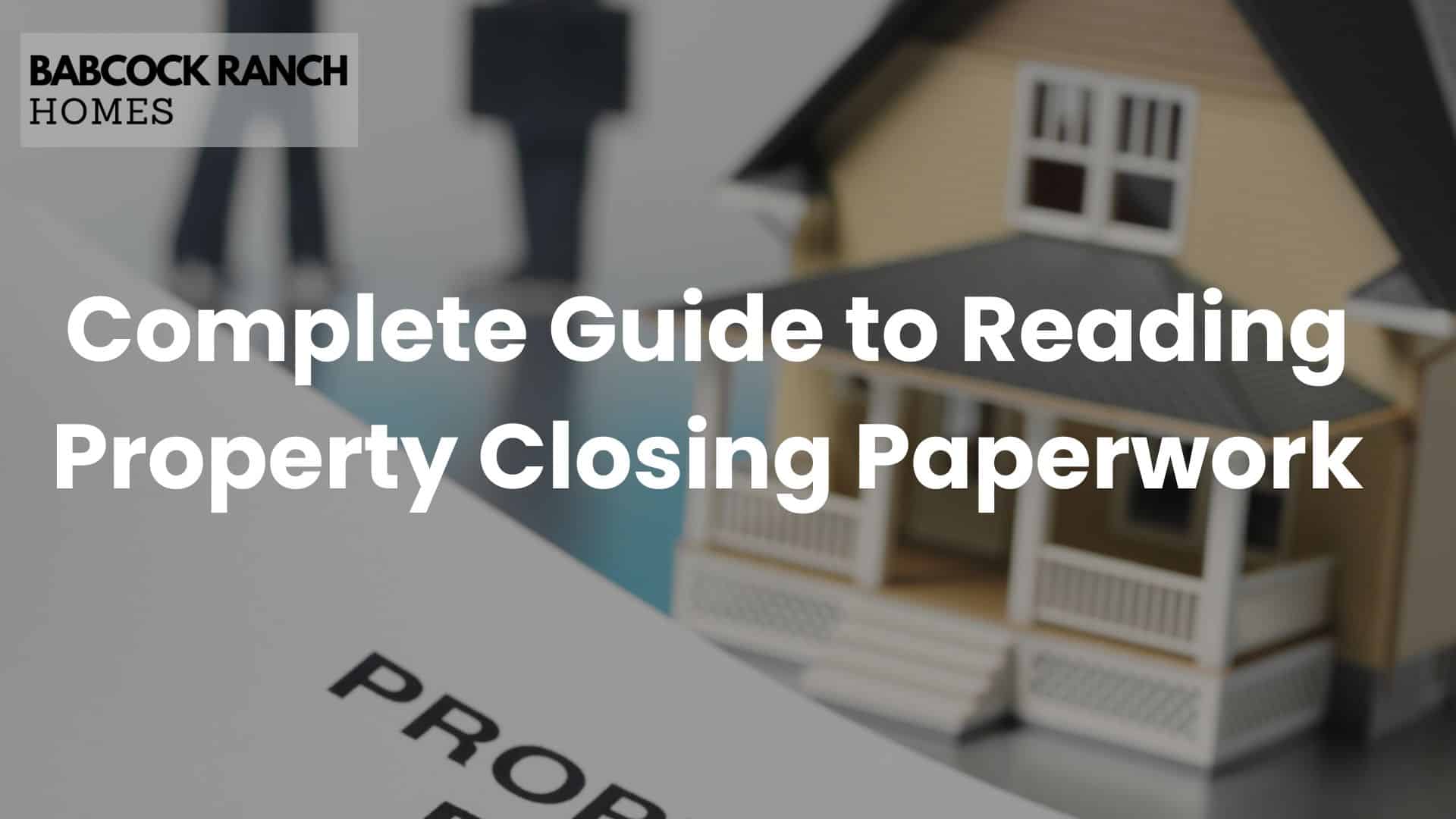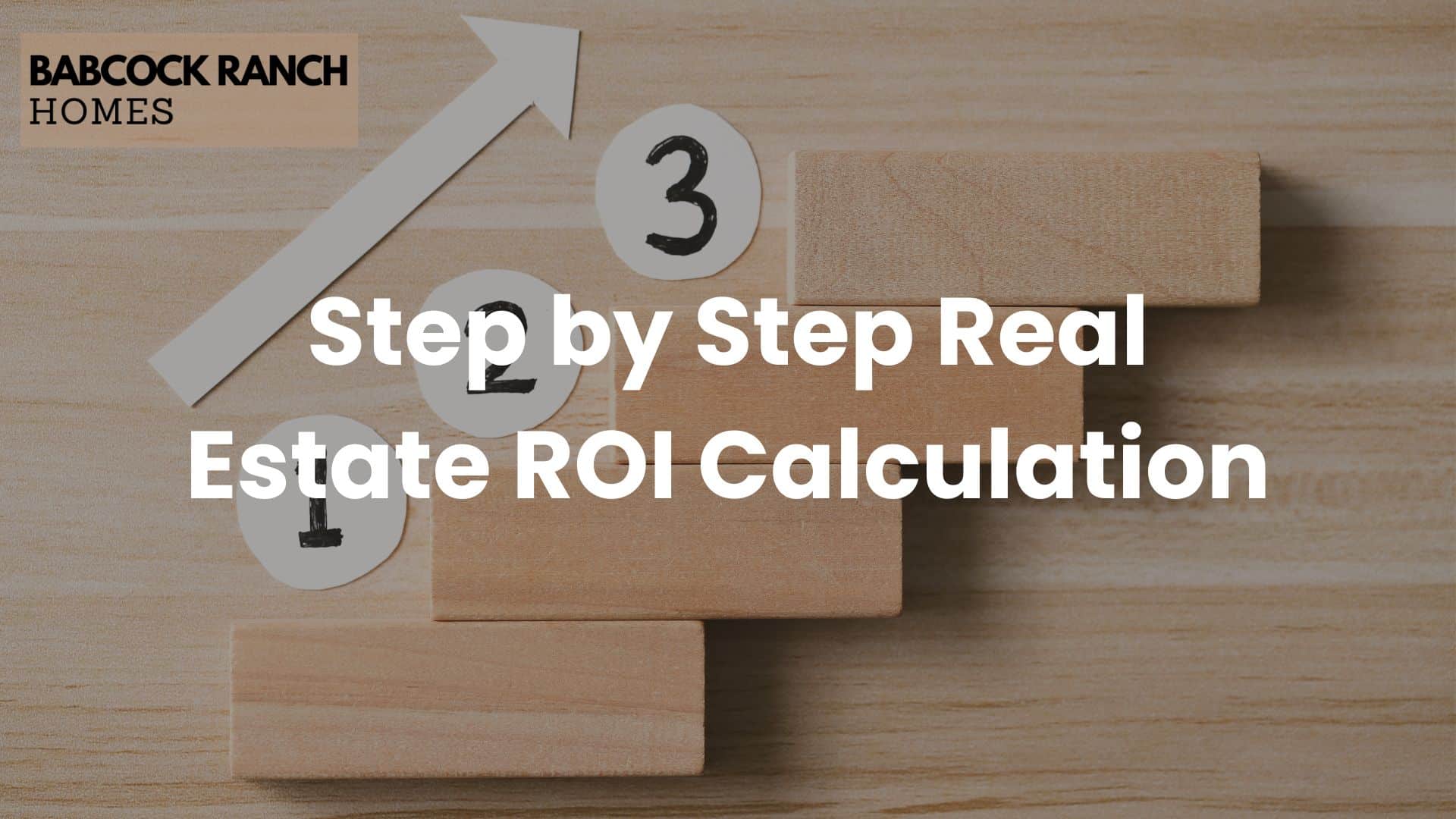Can you really gain ownership of a property by paying someone else’s taxes? This common misconception has led many to consider property taxes as a potential investment strategy. In this article, we’ll explore the truth behind this claim, examining the legal pathways to property ownership through tax payments. We’ll also discuss the risks involved in paying someone else’s property taxes and provide insights on legitimate ways to invest in real estate through tax-related opportunities in Alabama. By the end, you’ll understand how property taxes, back taxes, and tax sales impact property ownership rights.
Key Takeaways
- Property owners are legally responsible for paying property taxes, which fund local government services
- Paying someone else’s property taxes does not automatically grant ownership rights to the property
- Adverse possession requires meeting specific legal criteria beyond just paying property taxes
- Tax lien certificates offer investors an opportunity to acquire property, but involve risks and legal complexities
- Thorough due diligence is crucial when considering property acquisition through tax-related methods
Understanding Property Taxes and Property Ownership

Property taxes play a crucial role in real estate ownership and local government funding. Understanding who is responsible for paying these taxes is essential for property owners, potential buyers, and those involved in online auctions or debt-related property transactions. This section explores the relationship between property taxes, ownership rights, and the financial obligations associated with real estate.
The Role of Property Taxes in Real Estate
Property taxes serve as a critical source of revenue for local governments, funding essential services and infrastructure. In Illinois, property owners are legally liable for paying these taxes, which are typically tied to the property’s deed. The tax rate and assessed value determine the amount owed, with potential tax credits available to eligible homeowners. Understanding these factors is crucial for property owners and potential buyers, as they directly impact the overall cost of ownership and can influence interest rates on mortgages. Property taxes play a significant role in real estate transactions and ownership responsibilities:
- Funding local government services
- Determining overall property ownership costs
- Affecting mortgage interest rates
- Influencing real estate market values
- Providing potential tax credits for homeowners
Who Is Responsible for Paying Property Taxes?
In the United States, property owners are generally responsible for paying property taxes. These taxes generate revenue for local governments and are typically assessed annually. While property owners bear the primary responsibility, certain situations may involve other parties. For instance, a creditor who holds a lien on the property might pay the taxes to protect their interest. In some cases, a trust may be responsible for tax payments if the property is held within it. It’s important to note that paying someone else’s property taxes does not automatically confer ownership rights, as demonstrated in the following table:
| Party | Responsibility | Ownership Rights |
|---|---|---|
| Property Owner | Primary responsibility for taxes | Full ownership rights |
| Creditor | May pay taxes to protect interest | No automatic ownership rights |
| Trust | May be responsible if property is held in trust | Ownership determined by trust terms |
Exploring the Myth: Does Paying Someone Else’s Property Taxes Grant Ownership?

This section addresses common misconceptions about property tax payments and their legal implications. It examines the myth that paying someone else’s property taxes grants ownership rights, exploring concepts such as adverse possession and foreclosure. The information provided offers valuable insights into property ownership laws and the potential consequences of tax payment failure.
Common Misconceptions About Property Tax Payments
Common misconceptions about property tax payments often lead to confusion regarding ownership rights. Many individuals mistakenly believe that paying someone else’s property taxes automatically grants them ownership of the property. However, this is not the case. The legal process of property ownership involves several factors, including deeds of trust, court proceedings, and probate in some cases. Property tax payments alone do not supersede these legal requirements. Understanding the intricate relationship between property taxes and ownership rights is crucial for individuals navigating real estate finance and transactions:
| Misconception | Reality | Legal Implications |
|---|---|---|
| Paying taxes grants ownership | Ownership requires legal transfer | No automatic rights conferred |
| Tax payment equals property claim | Claim requires legal process | Potential for adverse possession |
| Taxes override existing ownership | Existing deeds remain valid | Court intervention may be necessary |
Legal Implications of Paying Taxes on Another’s Property
Paying taxes on another person’s property does not automatically confer ownership rights. While it may seem like a generous act, it can lead to legal complications in real estate transactions. The rightful owner retains their claim to the property, even if someone else pays the taxes. However, in some jurisdictions, consistent tax payments over an extended period might support a claim of adverse possession. This complex legal concept requires additional criteria beyond tax payments, such as open and notorious use of the property. Individuals considering paying taxes on property they don’t own should consult with a real estate attorney to understand the potential legal implications and explore alternative options for acquiring the property through proper channels.
The Concept of Adverse Possession and Its Relation to Property Taxes

Adverse possession is a legal concept that allows individuals to claim ownership of property through continuous occupation. This section examines the requirements for adverse possession claims and explores whether paying property taxes can facilitate this process. Understanding these aspects is crucial for property owners, mortgage holders, and taxpayers dealing with the Internal Revenue Service.
What Is Adverse Possession?
Adverse possession is a legal doctrine that allows individuals to claim ownership of property through continuous, open, and hostile occupation over a specified period. This concept varies by jurisdiction, with each state setting its own requirements for adverse possession claims. While paying property taxes may support an adverse possession claim in some cases, it alone does not guarantee ownership rights. Tax collectors, trustees, and bidders in property auctions should be aware of adverse possession laws, as they can impact property rights and ownership transfers.
Requirements for Claiming Adverse Possession
Claiming adverse possession requires meeting specific legal criteria, which vary by jurisdiction. Generally, the possession must be actual, open, notorious, exclusive, hostile, and continuous for a statutorily defined period. While paying property taxes can support an adverse possession claim, it alone does not fulfill all requirements. Claimants must demonstrate their intent to possess the property as their own, often by making improvements or using it openly. Adverse possession can potentially resolve issues related to tax debt, liens, and property ownership disputes, but it remains a complex legal process that requires careful consideration of state-specific policies and interest calculations.
Does Paying Property Taxes Facilitate Adverse Possession?
Paying property taxes can support an adverse possession claim, but it does not automatically facilitate ownership. While tax payments demonstrate a claimant’s intent to possess the property, courts consider multiple factors when evaluating adverse possession cases. These factors may include the property’s market value, any defaults on existing mortgages, and the presence of tax liens. The court clerk plays a crucial role in documenting and verifying tax payment records, which can be essential evidence in adverse possession proceedings. Additionally, maintaining property insurance throughout the possession period may strengthen a claimant’s case by showing ongoing responsibility for the property.
Acquiring Property Through Tax Lien Sales

Tax lien sales offer an alternative method for acquiring property through unpaid taxes. This section explores tax lien certificates, the purchasing process, and potential outcomes. Understanding statutes, special assessment taxes, pricing, and escrow requirements is crucial for investors considering this real estate strategy. Each topic provides insights into the complexities of tax lien ownership and its impact on property titles.
Understanding Tax Lien Certificates
Tax lien certificates represent a claim against a property for unpaid taxes, offering investors an opportunity to acquire real estate at potentially reduced prices. These certificates require careful due diligence to assess the property’s equity and potential return on investment. Investors must consider the money required for purchasing the certificate, additional fees, and the possibility of foreclosure if the property owner fails to redeem the taxes. Understanding the intricacies of tax lien certificates is crucial for those looking to expand their real estate portfolio through this alternative investment strategy.
The Process of Purchasing Tax Liens
The process of purchasing tax liens involves several steps, including research, bidding, and payment. Investors must first identify available tax liens through county records and assess the property’s value and potential risks. During the auction, bidders compete based on interest rates or premium payments, with the lowest bidder typically winning the lien. After successful bidding, the investor pays the delinquent taxes and receives a tax lien certificate. This certificate grants the right to collect the unpaid taxes plus interest from the property owner, with rates varying by jurisdiction. If the owner fails to redeem the taxes within the specified period, the lienholder may initiate foreclosure proceedings to acquire the property.
Potential Outcomes of Owning a Tax Lien
Owning a tax lien can result in two primary outcomes for investors. If the property owner pays the taxes in arrears, the investor receives their initial investment plus interest, which can provide a substantial return. However, if the owner fails to pay, the investor may initiate foreclosure proceedings to acquire ownership of the property. This process requires careful adherence to real estate law and often necessitates the involvement of a lawyer to navigate the legal complexities. Real estate investment trusts (REITs) and individual investors must weigh the potential rewards against the risks and legal obligations associated with tax lien ownership.
Legal Pathways to Property Ownership via Tax Payments

Legal pathways to property ownership through tax payments involve specific steps and regulations. This section explores the legal processes for acquiring property, including real estate investing strategies, tax sales, and inheritance considerations. It examines state-specific laws, the right of redemption, and ad valorem tax implications. Understanding these aspects and conducting thorough due diligence is crucial for successful property acquisition through tax-related methods.
Steps to Acquire Property Legally
Acquiring property legally through tax payments involves a series of structured steps. In Maryland, potential buyers must first research available properties with delinquent taxes and attend tax sales or auctions. Successful bidders must pay the outstanding taxes and any associated fees promptly. Following the purchase, buyers must navigate the redemption period, during which the original owner can reclaim the property by paying the taxes and accrued interest. If the redemption period expires without the owner’s action, the buyer can initiate foreclosure proceedings to obtain clear title. Throughout this process, buyers should maintain a strong credit standing to secure financing if needed and consult with legal professionals to ensure compliance with state-specific regulations.
State-Specific Laws and Regulations
State-specific laws and regulations govern the process of acquiring property through tax payments. Each state has its own set of rules regarding tax sales, redemption periods, and foreclosure procedures. For example, in Illinois, the redemption period can last up to 2.5 years, while in Texas, it may be as short as 180 days. Potential buyers must familiarize themselves with local statutes to navigate the acquisition process successfully. Key considerations include:
- Redemption period duration
- Notice requirements for property owners
- Minimum bid amounts at tax sales
- Interest rates on delinquent taxes
- Foreclosure procedures and timelines
Importance of Due Diligence in Property Acquisition
Due diligence is crucial when acquiring property through tax payments. Prospective buyers must thoroughly research the property’s history, including title searches, liens, and potential environmental issues. They should also verify the accuracy of tax records and assess the property’s market value. Conducting on-site inspections and reviewing local zoning laws can help identify potential challenges or restrictions. Proper due diligence minimizes risks and ensures a more informed investment decision:
- Conduct comprehensive title searches
- Verify tax records and payment history
- Assess property condition through inspections
- Review local zoning laws and regulations
- Evaluate potential environmental liabilities
- Analyze market value and investment potential
Risks and Considerations When Paying Someone Else’s Property Taxes

Paying someone else’s property taxes carries significant risks and considerations. This section examines the financial risks involved, ethical and legal implications, and the importance of seeking professional legal advice. Understanding these factors is crucial for individuals contemplating this action, as it can have far-reaching consequences on property rights and personal finances.
Financial Risks Involved
Paying someone else’s property taxes carries significant financial risks. Individuals who choose to do so may not recoup their investment, as tax payments do not automatically confer ownership rights. This action could lead to substantial financial losses if the property owner redeems the taxes or if legal complications arise. Additionally, ongoing tax obligations and potential liens on the property may create long-term financial burdens for the payer. Key financial risks include:
- Loss of invested funds without gaining ownership
- Potential for ongoing tax obligations
- Exposure to existing liens or encumbrances
- Legal fees associated with ownership disputes
- Opportunity costs of tying up capital in uncertain investments
Ethical and Legal Considerations
Paying someone else’s property taxes raises ethical and legal concerns. While the intention may be to help or acquire property, this action can infringe on the rightful owner’s rights and potentially lead to legal disputes. Individuals considering this approach should carefully evaluate the ethical implications and potential legal consequences. Key considerations include:
- Respect for property ownership rights
- Potential for unintended interference in others’ financial affairs
- Legal liability for unauthorized property interventions
- Compliance with local laws and regulations
- Transparency in intentions and actions
Seeking Professional Legal Advice Before Proceeding
Seeking professional legal advice is crucial before paying someone else’s property taxes. A qualified real estate attorney can assess the specific situation, explain local laws, and outline potential risks and consequences. Legal counsel helps individuals make informed decisions, ensuring compliance with property laws and protecting their interests throughout the process.
Conclusion
Paying someone else’s property taxes does not automatically confer ownership rights, despite common misconceptions. The legal process of acquiring property through tax payments involves complex procedures, varying state laws, and potential risks that require careful consideration and due diligence. Understanding concepts such as adverse possession, tax lien sales, and legal pathways to ownership is crucial for anyone contemplating this approach to property acquisition. Seeking professional legal advice is essential to navigate the ethical, financial, and legal implications of paying property taxes on behalf of another party, ensuring compliance with local regulations and protecting one’s interests throughout the process.



